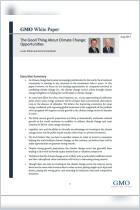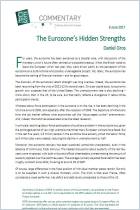
Read or listen offline
Recommendation
At the 2016 Tory Party Conference, the UK prime minister, Theresa May, announced her intention to trigger Article 50 – the formal start to the United Kingdom’s breakaway from the European Union – before the end of March 2017. Once set in motion, both parties will have just two years to reach an agreement. London School of Economics assistant professor Thomas Sampson outlines an applicable negotiation strategy to help the United Kingdom emerge from these high-pressure negotiations with a favorable, if not perfect, outcome. getAbstract recommends this analysis to economists, lawyers and readers interested in the global economy.
Take-Aways
About the Author
Thomas Sampson, PhD, is an assistant professor and lecturer at London School of Economics and Political Science.

















Comment on this summary or 开始讨论